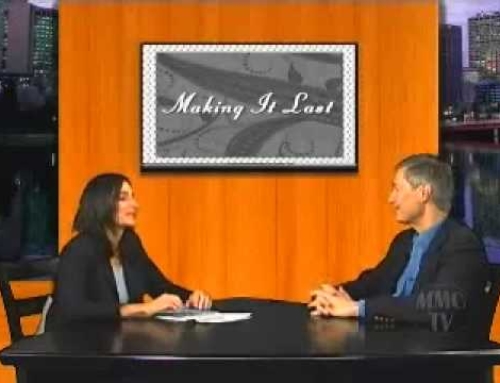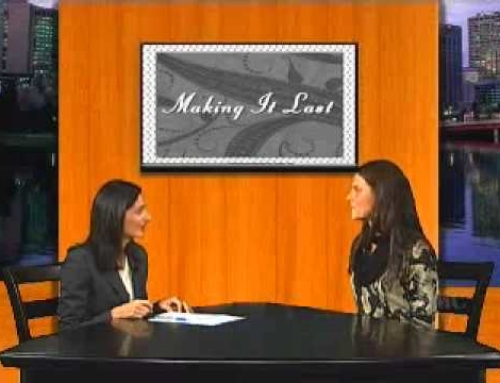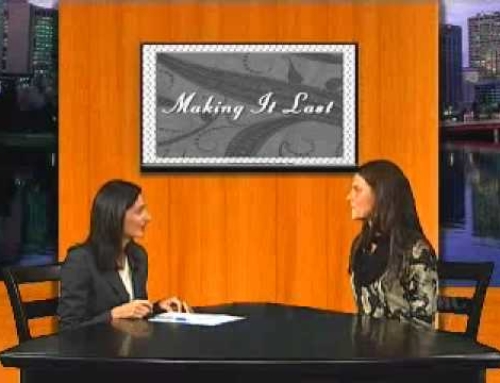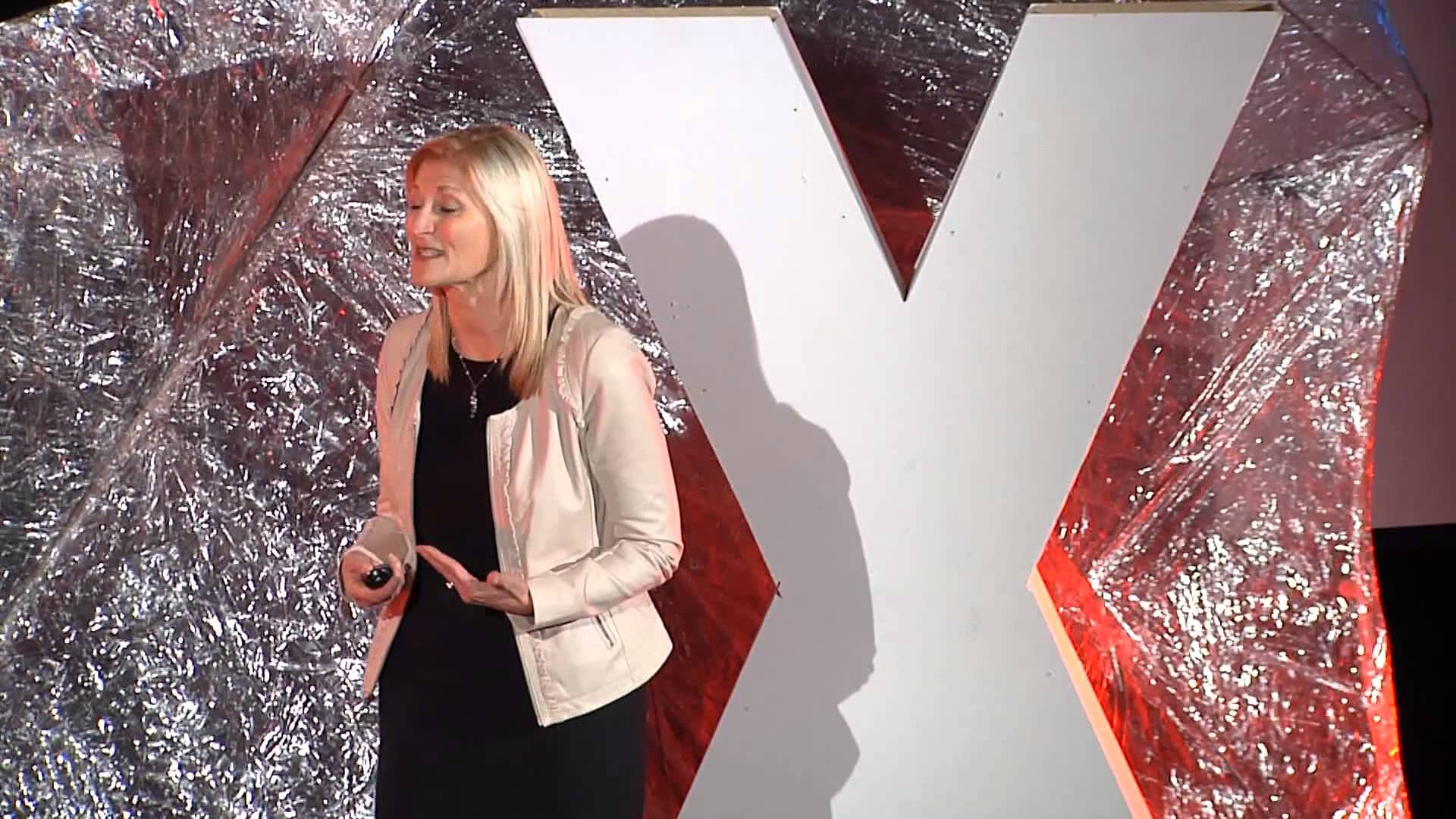Today, I had a meeting in Baltimore, and managed to arrange time for coffee with a client that lives out there rather than have him commute into DC. Tomorrow, I am teaching a divorce workshop at Universities of Shady Grove, and afterwards will meet another client for coffee near his house instead of having him travel to meet me. I actually do this quite often, as a minor accomodation for my clients. Also, if people just want to do retainers for limited scope representation, such as flat-fees for drafting certain documents or reduced retainers for advice and consultation without any commitment to appear in court, I am willing to work with people and their budgets, and I hope that I am not alone.
People need help, and these days we all need to think about how we can go the extra mile to assist those around us. Unfortunately, unless you are that 1% of the population with plenty of money to spare, the ability to just pursue a basic life is becoming increasingly difficult. The numbers just don’t make it possible– if the average college grad is leaving with $25,000 of student debt, then the average wedding costs $20,000, and the average cost for raising one child through age 18 is about $150,000– that is almost $200,000 that a young adult has to fork over just for the privilege of a college degree, getting married and having a child– not including the expenses for housing, food, transportation, clothing, and quite modest entertainment. If the average household income is $50,000– how can people afford all these things?
Sadly, those pursuing graduate degrees are not faring much better because although they may stand a better chance of higher salaries, they also tend to graduate with far greater debt– most law schools do not provide scholarships, so many are taking out $100,000 in loans to cover those extra three years of school. Medical students tend to leave with a whopping $200,000 of debt. These are major sums of money that can take up to 20 years to pay off. Essentially, most of us are walking into decades of indentured servitude for the privilege of these higher degrees. So why do it? Certainly not for the money. Anyone going into these professions these days has to be motivated by the sheer love for medicine or the law, and the desire to help others by using the gift of knowledge for a greater good.









